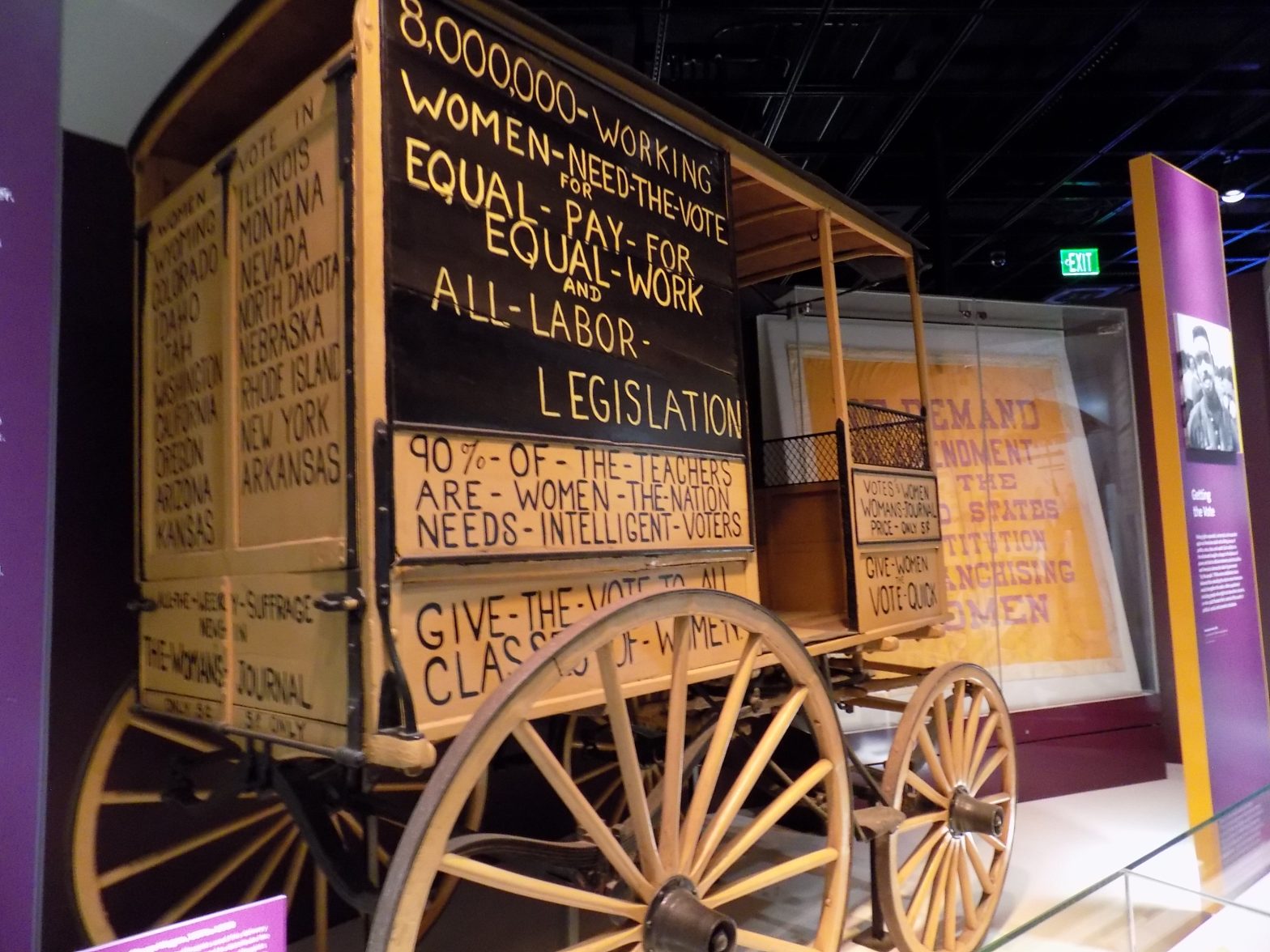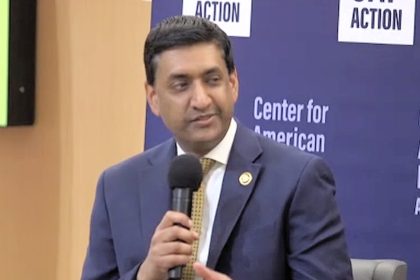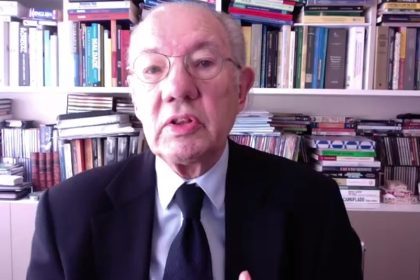U.S. Political System Is Broken, Democracy In Peril

WASHINGTON – The declining levels of social cohesion and the inability to get things done are some of the biggest threats to the U.S., agreed a group of political scholars at a panel discussion about the future of democracy this week.
Richard Haass, president of the Council on Foreign Relations, said that any attempt to spread democracy around the globe in the Biden era is hindered by three problems: American democracy is not at its peak, the country’s ability to influence other countries is limited, and the country has other foreign policy priorities.
Democracy has had a rough time recently. Freedom House’s report for 2021 about freedom in the world noted not only the 15th year of democratic recession, but the year in which that decline is the steepest.
The most powerful and populous democracies—Brazil, India, the U.S.—are the ones encountering the challenges, Senior Fellow at CFR Yascha Mounk reflected.
India isn’t even classified as a “free” country by the latest Freedom House report, which ran under the title “Democracy Under Siege.”
Technocratic authoritarianism, in countries like China, which is buttressed by philosophical notions of meritocracy, is being articulated as an alternative to democracy, said Danielle Allen, a university professor and the director of the Edmond J. Safra Center for Ethics at Harvard University.
The coronavirus, in particular, has fed into this. The democracies that have had the hardest time with coronavirus were the most heterogeneous ones like the U.S., she commented.
What’s at stake, she says, is the principle of universal suffrage.
The Capitol Hill insurrection on Jan. 6th of this year brought a fresh urgency to questions about social cohesion and democratic norms. But those questions were already bouncing around the zeitgeist after the country was roiled by partisanship, low levels of institutional trust, police violence against protestors and reporters, politically motivated misinformation about health, and coronavirus deaths and hospitalizations which have disproportionately affected minorities and the poor.
Although there is no universally accepted definition of democracy, there are common core features, including a degree of transparency, unconcentrated power, and basic protections for individual rights.
The scholars at Tuesday’s discussion, which was organized through CFR, agree that the system is broken. They say they share the public’s anxiety over the state of American democracy.
Haass said he believes it is no longer safe to just assume the democracy will continue to function.
Allen said she has been concerned about American democracy since 2013 when the Congressional approval ratings slid as low as 9%. The five-alarm bells rang because if the people disapprove of their own mechanism for writing laws, the legislature, then the system is broken, she said.
Democracy is not solely a synonym for majoritarian vote, as people sometimes think, but a dynamic set of mechanisms that empower ordinary people for the worthy project of self-government, Allen said.
Americans need to ask basic questions about self-government, she said.
We’re in the process of becoming more of a Parliamentary system in the U.S., Haass said. That’s dangerous because it increases the potential for dramatic, sweeping changes inconsistent with the U.S.’s role in the world which requires a reasonable level of consistency to reassure our allies.
The large majority of the more than 2,000 people in live attendance at the event voted in favor of making civics courses mandatory in public schools in a survey taken during the event.






















